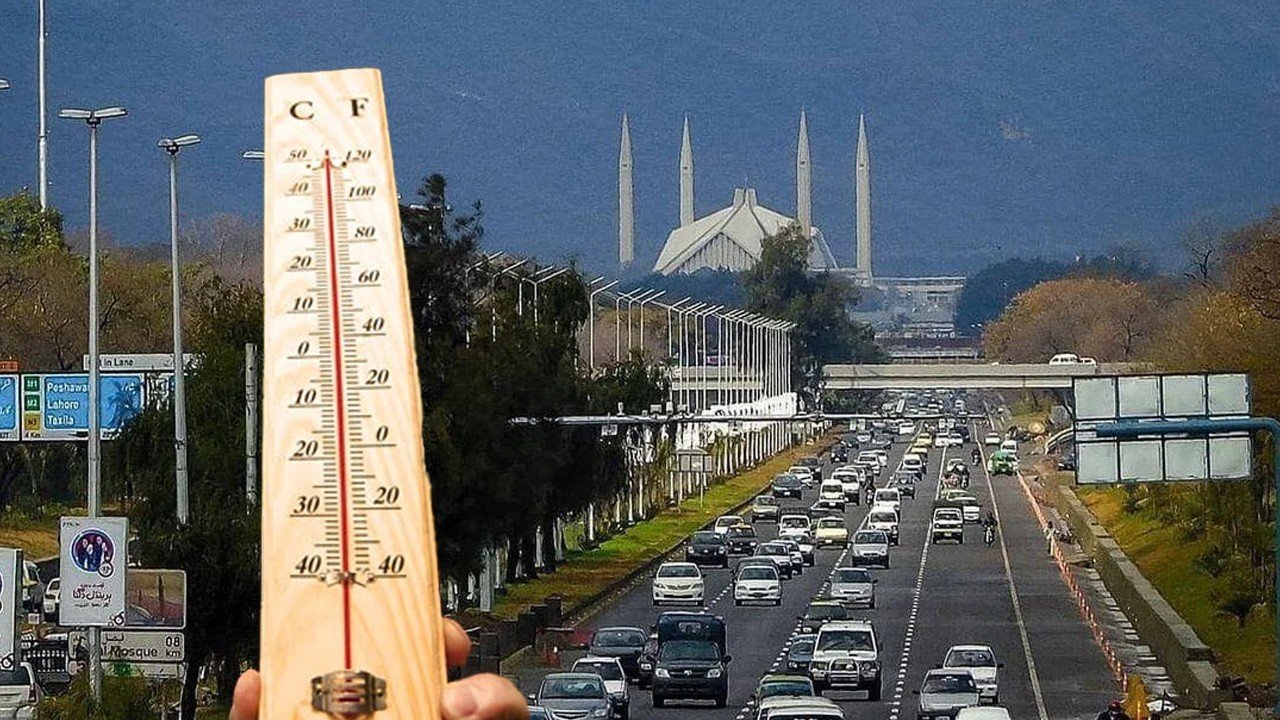Pakistan Army emphasized that these proceedings were carried out with the utmost transparency.
Military courts sentence 25 accused in May 9 cases. In a significant legal development, the Pakistan Army has sentenced 25 individuals involved in the violent events of May 9, 2023, following trials conducted by military courts. The individuals were convicted for their involvement in the deadly attacks on military installations, including the Jinnah House, the General Headquarters (GHQ), and the Punjab Regimental Center. The sentences were handed down after the Field General Court Martial (FGCM) conducted the first phase of the trials.
The accused individuals were found guilty of participating in the violent assaults during the political unrest that rocked the nation. The attacks left a trail of destruction, targeting key military structures and personnel, and have since cast a dark shadow over the country’s political and military landscape.
The Sentences:
The convicted individuals received varying sentences based on the severity of their involvement in the attacks. The details of their sentences are as follows:
- Jan Muhammad Khan (son of Toor Khan), involved in the Jinnah House attack, was sentenced to 10 years in prison with hard labor.
- Muhammad Imran Mehboob (son of Mehboob Ahmed), also involved in the Jinnah House attack, received 10 years in prison with hard labor.
- Raja Muhammad Ehsan (son of Raja Muhammad Maqsood), who participated in the GHQ attack, was sentenced to 10 years in prison with hard labor.
- Rehmatullah (son of Manjoor Khan), convicted for his involvement in the Punjab Regimental Center Mardan attack, was sentenced to 10 years in prison with hard labor.
- Anwar Khan (son of Muhammad Khan), who took part in the PAF Base Mianwali attack, was sentenced to 10 years in prison with hard labor.
- Muhammad Afaq Khan (son of M. Ashfaq Khan), involved in the Bannu Cantt attack, was sentenced to 9 years in prison with hard labor.
- Dawood Khan (son of Amir Zeb), convicted for the Chakdara Fort attack, received 7 years in prison with hard labor.
- Faheem Haider (son of Farooq Haider), involved in the Jinnah House attack, was sentenced to 6 years in prison with hard labor.
- Zahid Khan (son of Muhammad Khan), who attacked the Multan Cantt check post, received 4 years in prison with hard labor.
- Yasir Nawaz (son of Amir Nawaz Khan), convicted for the Punjab Regimental Center Mardan attack, was sentenced to 2 years in prison with hard labor.
Other sentences ranged from 2 years to 10 years of hard labor, with each individual found guilty of specific involvement in attacks on military installations across the country.
The Process:
The military courts conducted the trials with strict adherence to legal procedures, ensuring that all accused individuals were given their legal rights. The investigations, deemed thorough and exhaustive, were backed by irrefutable evidence, which led to the swift trials and subsequent convictions.
The Pakistan Army emphasized that these proceedings were carried out with the utmost transparency. The military reaffirmed its commitment to justice and pledged to continue bringing those involved in violent acts to account.
Commitment to Justice:
The military’s commitment to justice was underscored by the statement from the Inter-Services Public Relations (ISPR), which reiterated that the May 9 attacks had deeply impacted both the political and military spheres of the nation. The Army has vowed to continue its pursuit of justice and to ensure that any individuals or groups attempting to destabilize the country through violence face consequences.
The ruling follows a directive from the Supreme Court, which, on December 13, 2024, ordered the conclusion of pending cases, including those related to the May 9 violence. This ruling has brought the first phase of the trials to a close, with the Army reaffirming its stance on zero tolerance for acts of terrorism and violence.
The Larger Picture:
The May 9 attacks were part of a broader wave of unrest that shook the country, which saw violent clashes between political factions and law enforcement. The attacks on military facilities were seen as a direct challenge to state authority, prompting swift and decisive action by the military courts.
The sentencing of these 25 individuals marks a significant step in ensuring accountability and justice, demonstrating the Pakistan Army’s resolve to maintain law and order in the face of internal threats. The military’s transparency and adherence to legal norms throughout the trial process serve as a reminder that such acts of violence will not go unpunished.
The sentences handed down by the military courts are likely to send a strong message to those who might consider engaging in similar violent acts in the future. The Pakistan Army has vowed to continue its efforts to restore peace and stability to the country and will not hesitate to take action against those who attempt to disrupt it.





